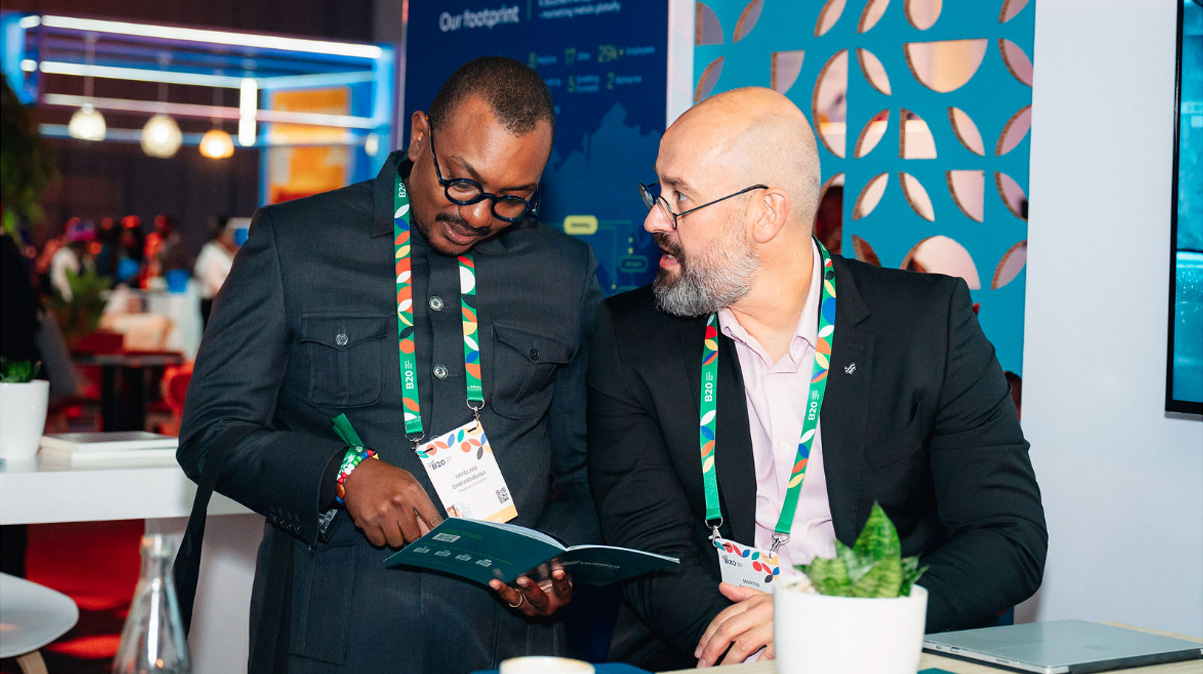Has BEE failed or stopped working optimally?

VOICES
The appointment of Mary Vilakazi – a black African woman – as FirstRand’s CEO, tasked with running a major financial services group, has been rightly welcomed. Significantly, the appointment shows a carefully managed succession plan after Vilakazi joined the group in 2018 as chief operating officer.
The question is: How many other corporates have invested in black African talent that emerges in their upper echelons to take over from their white counterparts?
According to the latest indicators from the Institute of Race Relations (IRR), South Africa’s GDP grew at an average rate of 3.6% between 1994 and 2007, with the number of employed people increasing from 8 million to 14 million. The average GDP per capita increased by almost 40%, from R55 000 per year to R76 000 per year in real terms, after adjusting for inflation, during the same period. However, our GDP for the period from 2008 to 2022 grew at a lacklustre average rate of 1.2%.
The IRR’s indicators further reveal that the number of employed South Africans increased by barely 1 million over a period of 14 years, while the population grew by 10 million over the same period. As such, our GDP per capita declined by R1 600, as people became poorer in real terms. The unemployment rate has also risen over the years and is now an astonishing 32.9% (up from 22.6% in 2008), or 42.4% (29.5%) on the expanded definition of unemployment, which includes discouraged jobseekers.
JSE DILEMMA
This begs the question: Are the IRR’s economic indicators a reflection of how BEE has taken a back seat in the current tough economic environment?
The number of companies on the JSE has dramatically decreased, with many opting to delist their operations in order to avoid the burden of regulatory requirements and scrutinisation.
The number of black executives has also decreased significantly in our battered economy, where many companies are filing for business rescue. One shudders to think what it will be like if the economy continues to bleed jobs, with numerous organisations forced to reduce their operations or their workforce.
WHAT IS TO BE DONE?
BEE in South Africa is no longer on top of the agenda of many corporates, which are now able to play the system by hiring consultants to help them fudge the numbers and achieve a good score. What is missing is equal enforcement from the SA Revenue Service to ensure that what we see on BEE scorecards reflects the depth of what companies are genuinely doing to advance transformation.
Until our state institutions hire top talent to monitor the progress of BEE, many skilled professionals will be lost in the system and the celebration of appointing a black FirstRand CEO will remain an exception, rather than the norm.
We need to ask why we do not have more black African talent in the upper echelons of corporate South Africa. After almost 30 years of democracy, we should be wondering what has gone wrong in deracialising our economy to advance a transformation agenda that has clearly become a dream deferred. We should defend the gains of our democracy and fight the rightwing agenda of scrapping BEE. As a society, we should be reforming BEE to become more efficient and avoid the loopholes that have allowed the system to be manipulated by corporates.
- Shikwambana is a founder and the CEO of Thandiso Advisory and a former director of Brunswick.










